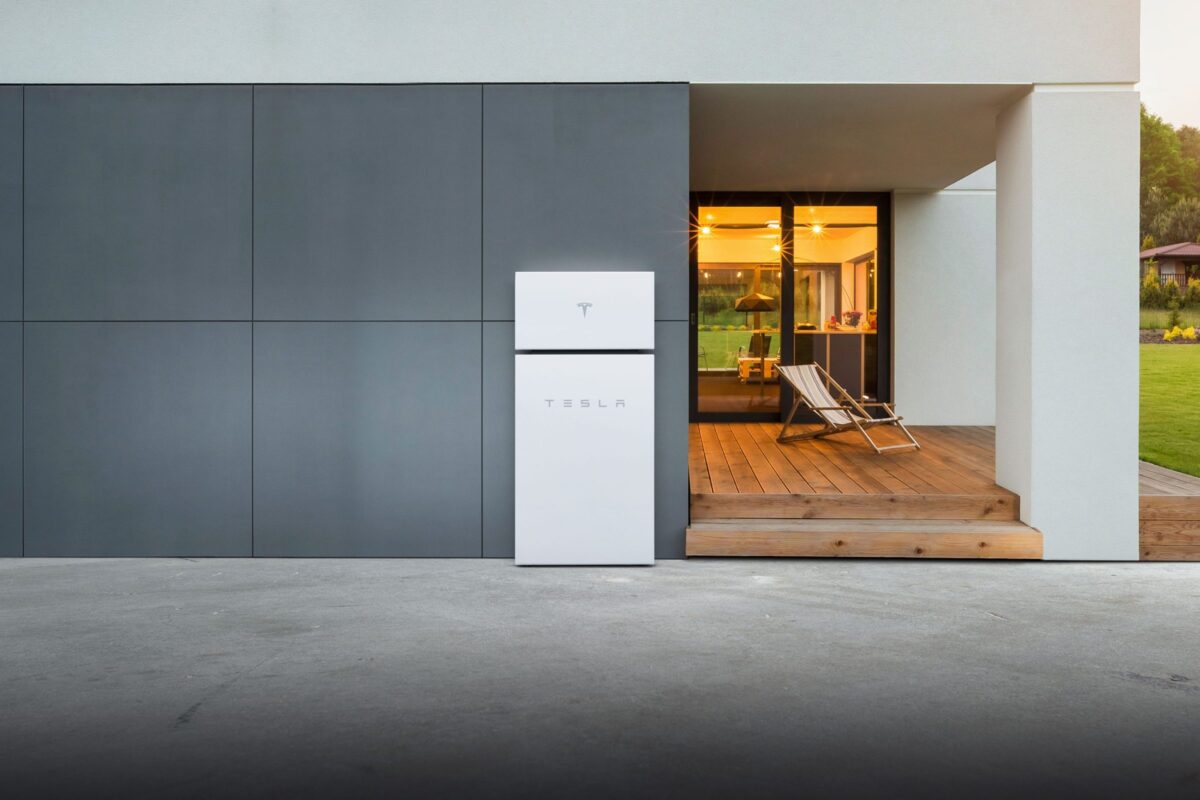Massachusetts is fighting the good fight, climbing the mountain toward building a distributed energy system of solar and energy storage combined with utility scale wind, solar, hydro, and imports – while still of course being dependent in all ways on the current fossil infrastructure.
State actions include – but are in no way limited to – cleaning the dirtiest, most expensive electricity, combining solar and agriculture to extend revenue to farmers, creating SMART – a highly viable financial structure to motivate at least 1.6 GW of solar power to be installed, approving net metering for energy storage, and even in some places within the state saying all commercial property must come with solar. The fact that SunRun chose to bid residential solar power into the big power grid via ISO New England, is probably because Massachusetts approved it to sell into the forward capacity markets from those same residential units.
So good work MASS DOER, we’re real big fans…now – uhh – let’s get back on that hill.
A group of residential solar power companies have submitted a request to Massachusetts Department of Energy Resources (DOER) Commissioner Judith Judson asking for two alterations to current SMART legislation. The first is that inverters should be allowed to serve as a data source for energy storage systems in solar+storage configurations.
Currently, SMART requires that a second utility grade electric meter be installed. The document suggests that it could cost upwards of $1,700 per residential installation, and $780/year in extra costs. The base price of an electric meter, per this developer’s experience in the SMART program, is $833.77.
California recently ruled that UL-certified inverters could be trusted within the state in DC coupled solar+storage situations – and the difference in complexity of hardware configuration before (above left) and after (above right) isn’t trivial. Vermont recently suggested that the inverter could take a bigger role as utility hardware – getting rid of the standard electric meter as well. Even the state of Massachusetts has accepted that DC coupled energy storage + solar is able to work within the net metering program.
The group also suggested that these SMART program residential installations be paid for their resiliency value – and that they ought be considered in the state’s upcoming Clean Peak Program.
With the central region of the state – National Grid – having sold out of program space in the opening weeks, the utility region now faced the task of integrating this volume of hardware. While in the eastern portion of the state, run by Eversource, we’re finding that much of the interconnection process is moving along very slowly as engineering review queues on specific substations can be double digits long, representing 20 MWac+ easily.

The DOER will hold a technical conference on this topic July 18, 2019 in Boston, with the initial scope of this investigation limited to the following topics:
- Interconnection of energy storage systems
- Methods to manage high volume queues for DG interconnection
- Process related to affected system operator studies conducted during DG interconnection
- Timeline Enforcement Mechanism
- and Interconnection process for DG facilities interconnecting to the transmission system.
Some developers in the very active National Grid region, who already signed interconnection agreements and have begun (or in some cases have nearly completed) construction, are suggesting that they are being put into a new level of interconnection analysis, a cluster study – with potential additional infrastructure hardware upgrades required – if this additional grid study deem it necessary.

This content is protected by copyright and may not be reused. If you want to cooperate with us and would like to reuse some of our content, please contact: editors@pv-magazine.com.










By submitting this form you agree to pv magazine using your data for the purposes of publishing your comment.
Your personal data will only be disclosed or otherwise transmitted to third parties for the purposes of spam filtering or if this is necessary for technical maintenance of the website. Any other transfer to third parties will not take place unless this is justified on the basis of applicable data protection regulations or if pv magazine is legally obliged to do so.
You may revoke this consent at any time with effect for the future, in which case your personal data will be deleted immediately. Otherwise, your data will be deleted if pv magazine has processed your request or the purpose of data storage is fulfilled.
Further information on data privacy can be found in our Data Protection Policy.